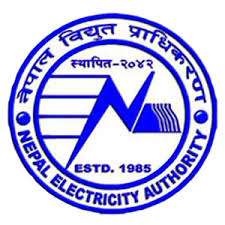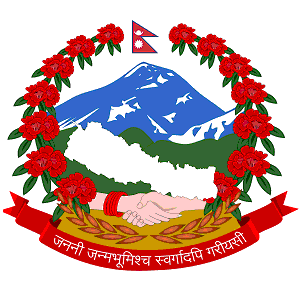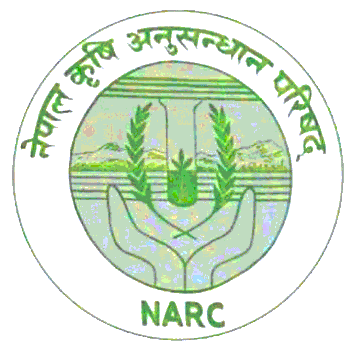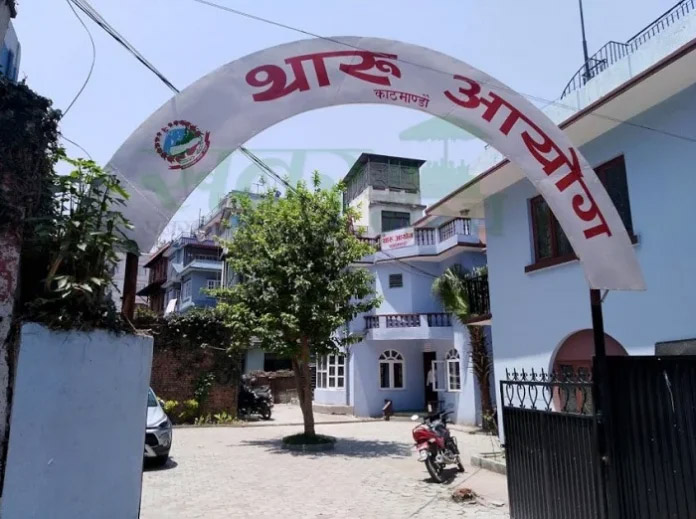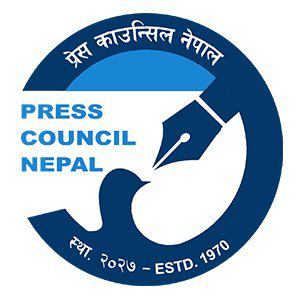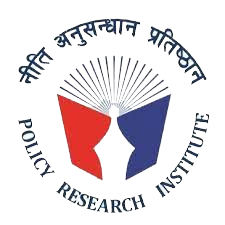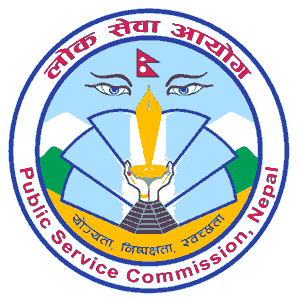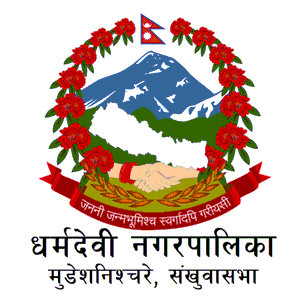Overview
The National Information Commission (NIC - Rastiya Suchana Aayog - राष्ट्रिय सूचना आयोग) of Nepal, established in 2008 AD, stands as a crucial institution headquartered in Tripureshwor, Kathmandu. Born from the Right to Information Act of 2064 (2008), the NIC is dedicated to ensuring the fundamental right to information for every Nepali citizen.
Composition and Appointments
- Chief Role: The commission comprises a Chief Information Commissioner and two Information Commissioners, pivotal figures in upholding information rights.
- Selection Process: A specialized committee, led by the Speaker of the House, the Minister of Information and Technology, and the President of the Federation of Nepalese Journalists, recommends appointments, which are then confirmed by the Government of Nepal.
- Tenure: Each commissioner serves a distinguished term of five years, ensuring a sustained commitment to their duties.
Primary Responsibilities
- Record Analysis: NIC delves into studying and examining records and documents pertinent to public interest information.
- Organizational Order: It mandates the cataloging and systematic arrangement of relevant records and documents.
- Public Disclosure: NIC ensures that public bodies publish vital information for citizen awareness.
- Timely Response: It enforces the provision of requested information to petitioners within specified deadlines.
- Act Compliance: NIC mandates adherence to the obligations laid out in the Right to Information Act, 2064.
- Advisory Role: Offering recommendations to the Government of Nepal and other entities to fortify information rights is a key function.
- Protective Measures: NIC is empowered to make decisions and issue orders to safeguard and enhance the right to information.
Extended Duties and Powers
- Complaint Resolution: NIC addresses grievances related to excessive information demands.
- Appeal Authority: It acts on appeals against refusals to provide information by designated officers.
- Reporting: NIC submits a detailed annual report of its activities to the Legislative Parliament via the Prime Minister.
- Review Authority: The commission reviews petitions dissatisfied with the classification of information.
- Protective Orders: It issues orders concerning the protection of informants and determines compensation where necessary.
- Enforcement: NIC holds the authority to penalize non-compliance with its orders and misuse of information.
Why Essential National Information Commission?
The National Information Commission (NIC) of Nepal is a vital institution established to enforce the Right to Information Act, ensuring transparency and accountability in government operations. As an advocate for public access to information, the NIC empowers citizens, promotes open governance, and facilitates informed participation in democracy. By overseeing compliance with information rights and addressing related grievances, the NIC plays a critical role in strengthening Nepal's democratic framework and fostering trust in public institutions.
The National Information Commission (NIC) is an essential entity for several key reasons:
-
Upholding Right to Information: The NIC ensures the implementation of the Right to Information Act, which is a fundamental right. This allows citizens to access information held by public authorities, fostering transparency and accountability in governance.
-
Promoting Transparency: By facilitating access to governmental information, the NIC helps make government operations more transparent. This openness is crucial for democratic governance and building public trust.
-
Enhancing Accountability: The commission plays a significant role in holding public bodies accountable. By enabling scrutiny of government actions and decisions through accessible information, it helps deter corruption and misuse of power.
-
Empowering Citizens: Providing citizens with the right to access information empowers them to make informed decisions and participate more actively in democratic processes. It supports a more informed and engaged citizenry.
-
Resolving Information-Related Grievances: The NIC acts as an appellate body for those denied access to information by public authorities. It handles complaints, making sure that the information rights of individuals are not violated.
-
Guiding Public Bodies: The commission guides and advises public authorities on properly managing and disclosing information. This includes ensuring that public records are maintained and organized effectively for easy access.
-
Policy Development and Implementation: The NIC also advises the government on policies related to information and communication, ensuring that they align with the principles of transparency and accessibility.
-
Strengthening Democracy: By ensuring the free flow of information, the NIC supports the foundational elements of a democratic society, where citizens are well-informed and can contribute to policy-making and governance.
The National Information Commission of Nepal is a cornerstone in promoting transparency and accountability in governance. By effectively executing its roles and powers, the NIC is not just a regulatory body but a vital advocate for the citizens' right to information. Its commitment to ensuring open access to public information marks a significant stride towards a more informed and empowered Nepal.



